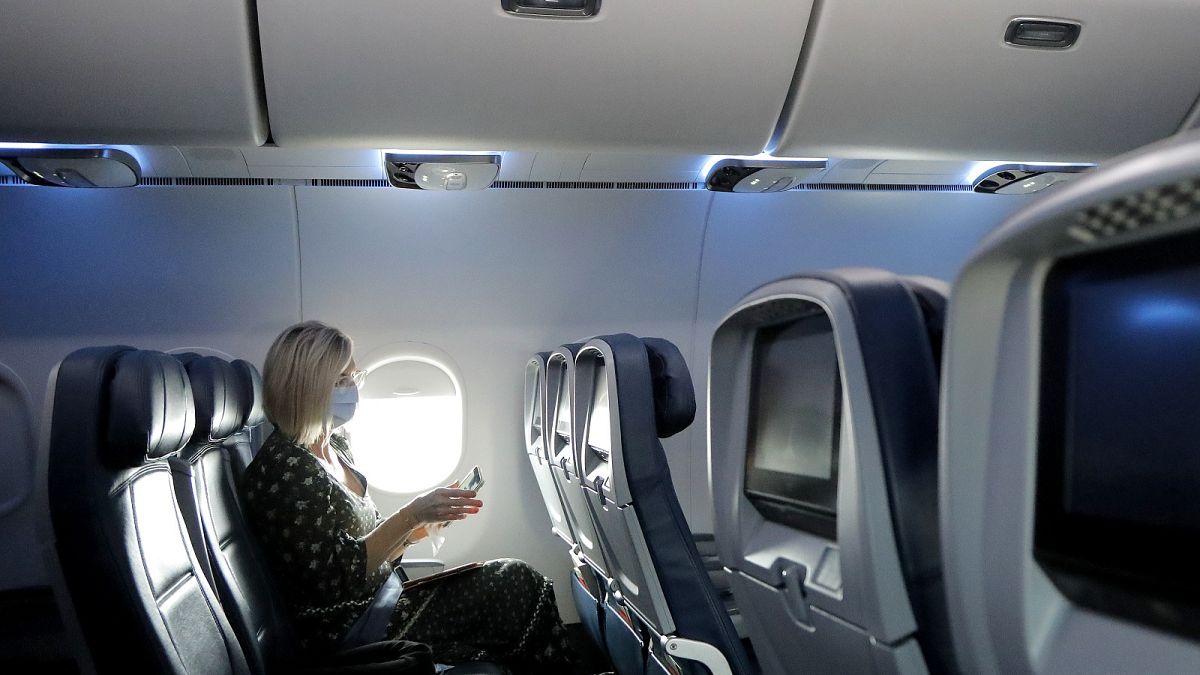Shrinking away from the challenges posed by international crises like the coronavirus pandemic will not save the millions of jobs set to be lost in the tourism sector.
Some fear COVID-19 has halted globalisation’s progress, eroding international cooperation and ravaging a primary driver of our interconnectedness: tourism. For those dedicated to global harmony, or simply concerned about the future viability and prosperity of tourism as a sector, these outcomes are unacceptable.
After all, what would the consequences for the planet be if our response to each crisis was a further retreat from worldwide partnership? It would only make us less prepared for the next global crisis; whether it be a pandemic or climate change. The United Nations’ World Tourism Organization (UNWTO) has a clear message: we must restore confidence in tourism, valuable for the solidarity it encourages - and, of course, in and of itself.
The UNWTO recently released the Global Guidelines to Restart Tourism, bolstered by the full endorsement of several key UN agencies, leading private sector bodies along tourism’s value chain and our member states around the globe.
The importance of such a restart is hard to overstate: We estimate that in 2020, global tourist arrivals could drop up to 80 per cent, or by 800 million people. That means 120 million jobs at risk and approximately $1 trillion (€890 billion) in lost exports. But how can the world avoid such an impending economic and social disaster?
Only by recognising this crisis is one of confidence and solvency. To have confidence that it’s safe to travel again because you won’t infect others or be infected yourself. And to inject the sector with the liquidity necessary to save it from bankruptcy and preserve jobs, recover from the downturn, and be prepared for the resumption of normal life. To achieve the first aim, which is to say, to restore confidence, will require a nuanced approach.
Technology will be a crucial component. The UNWTO’s Global Guidelines to Restart Tourism outlines global measures to restore confidence and build a new era of safe, seamless, and touchless travel in a post-COVID-19 world. Such measures include new technology that could make a permanent mark on the world of aviation and tourism.
Technological solutions are emerging, designed to connect national government databases to certify that travellers are free of COVID-19. This reflects how we need public-private collaboration for common objectives, in this case generating trust - the new currency to catalyse travel. Numerous initiatives are being timed to coincide with the end of national shelter-in-place policies over the coming weeks and the cautious reopening of borders and, consequently, global economies.
But while the technology to transform tourism exists, it is the international political will to deploy those technologies that will determine the fate of this new vision of global travel. Their success, after all, requires the interoperability of visitors’ COVID-19 tracing apps and the willingness to pool national health data, while ensuring privacy and data security.
Strong commitment to international participation will be invaluable.
The second challenge facing the tourism sector is solvency. Critical portions of the sector have been battered by the pandemic. The solution here must include public-private partnerships which the UNWTO has a proven history of facilitating. Indeed, we already see promising instances of this kind of investment and engagement.
These range from measures by certain countries to reimburse tourists for rescheduled trips, to prominent voices within the European Commission who have called for one-quarter of recovery funds to be targeted at the tourism sector. At the moment, however, this is a promise and a proposal, not a guaranteed action.
We at the UNWTO advocate for a combination of financial and governmental support to change-making entrepreneurs working in the most economically-devastated tourism sectors worldwide, helping sow the seeds for new post-COVID-19 tourism infrastructure.
Whether countries take action will depend on political will - and this is a question the UNWTO can speak to but not answer on its own. Is there a willingness on the parts of governments and intergovernmental agencies to put their money where their mouths are, bailing out the travel sector as so many other industries have been (rightly) saved?
Likewise, is there a determination to open the door to the kind of international cooperation required to reimagine tourism, enabling new technologies to create confidence, which is critical for any economic revival? Crises are tragedies. But they can also be opportunities. They are inflection points. They are moments where we decide to either retreat or imagine a new future.
A future where, by tapping into new technology, combining our resources, cooperating across borders, investing in the industry, and inaugurating a new era of internationalism, we will be inspired by this crisis to be prepared for the next one. We would be enabling the movement of goods and people, bringing billions of people back into the global economy. That is better for the world, for nations, and for people.
What we choose to do next will have consequences for generations to come. We must, therefore, work towards a positive tomorrow.
- Zurab Pololikashvili is Secretary-General of the United Nations’ World Tourism Organization (UNWTO). He is also former Ambassador of Georgia to Spain, Andorra, Algeria and Morocco
_____________
Are you a recognised expert in your field? At Euronews, we believe all views matter. Contact us at view@euronews.com to send pitches or submissions and be part of the conversation.
